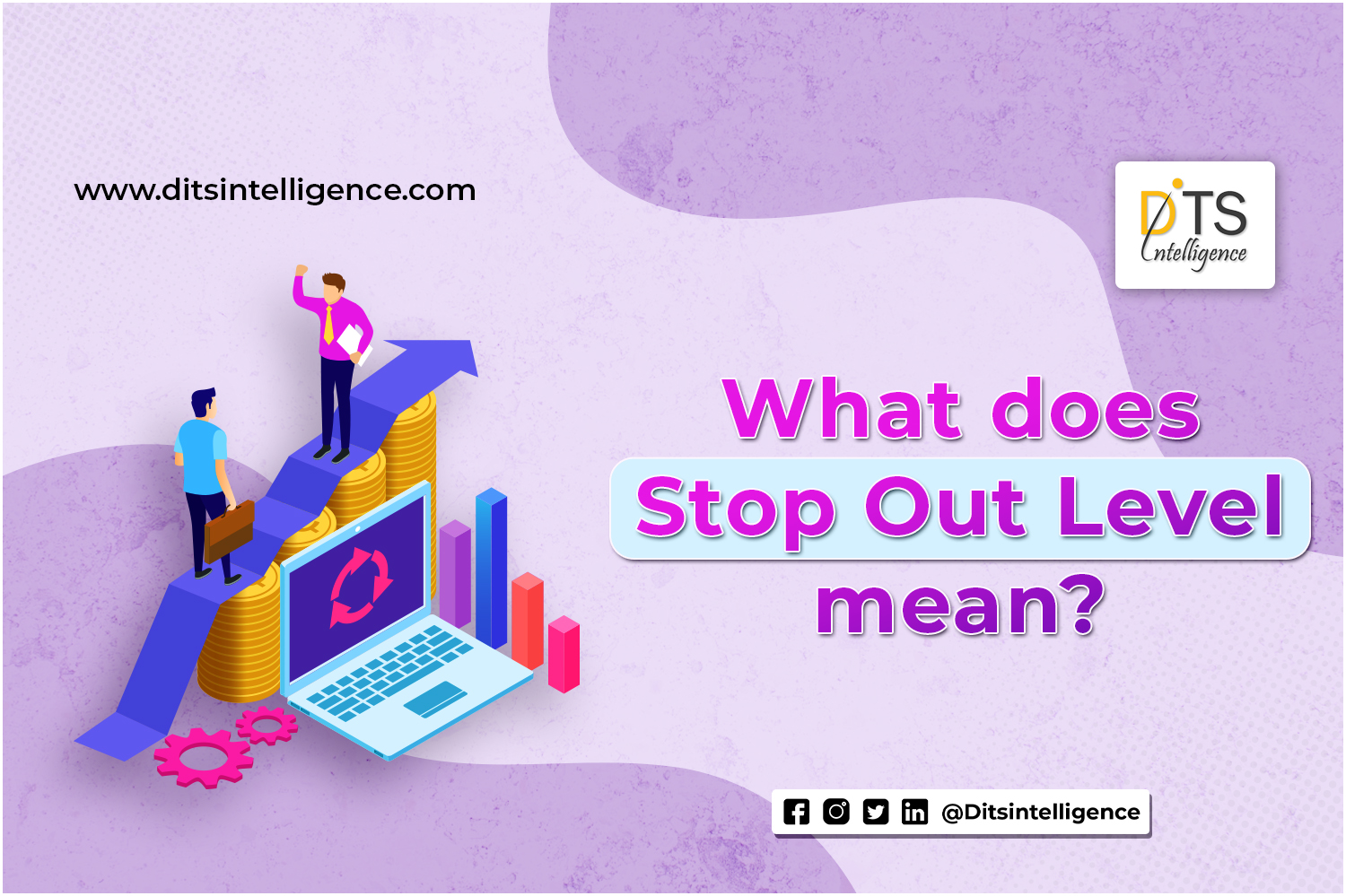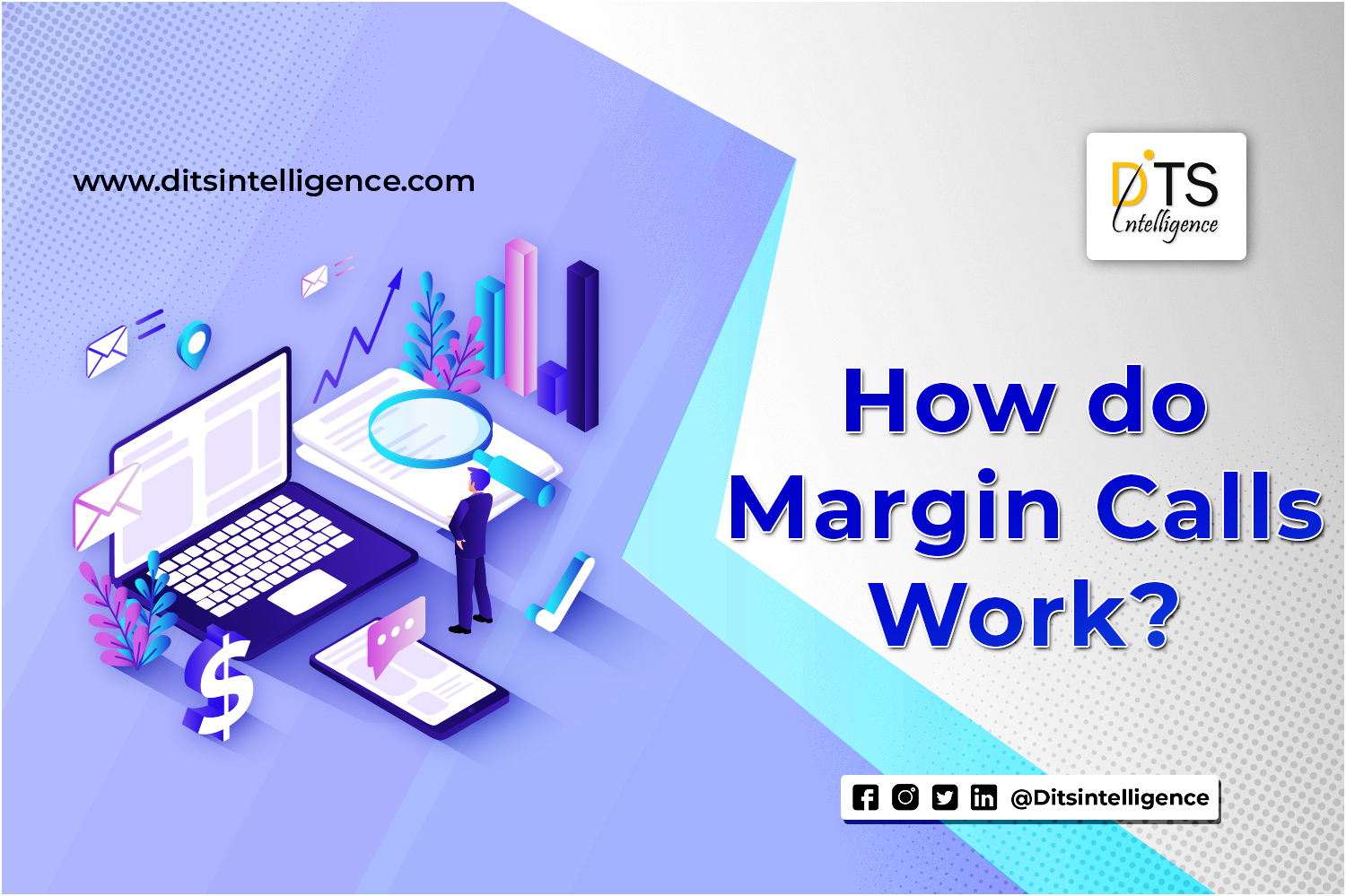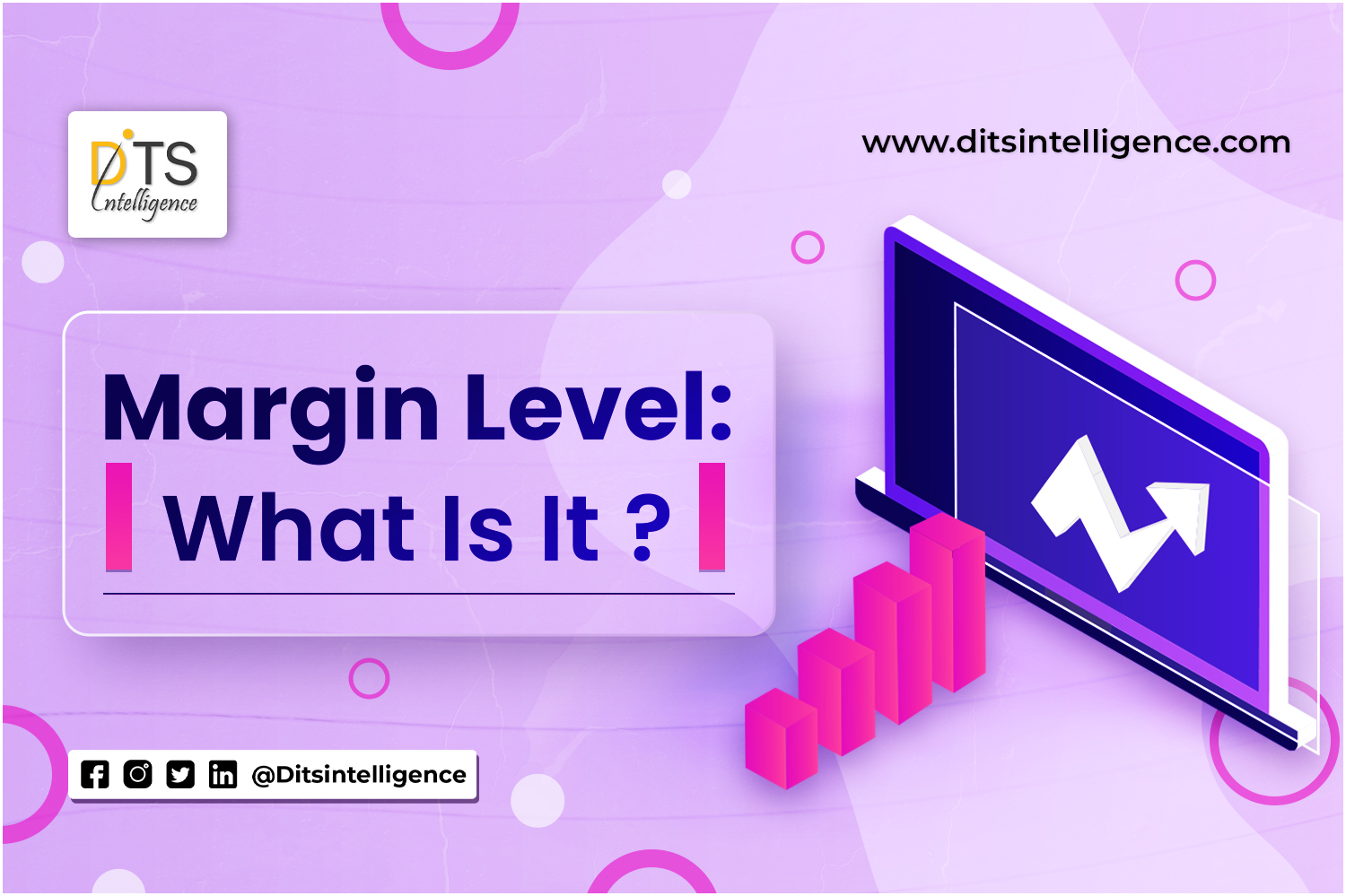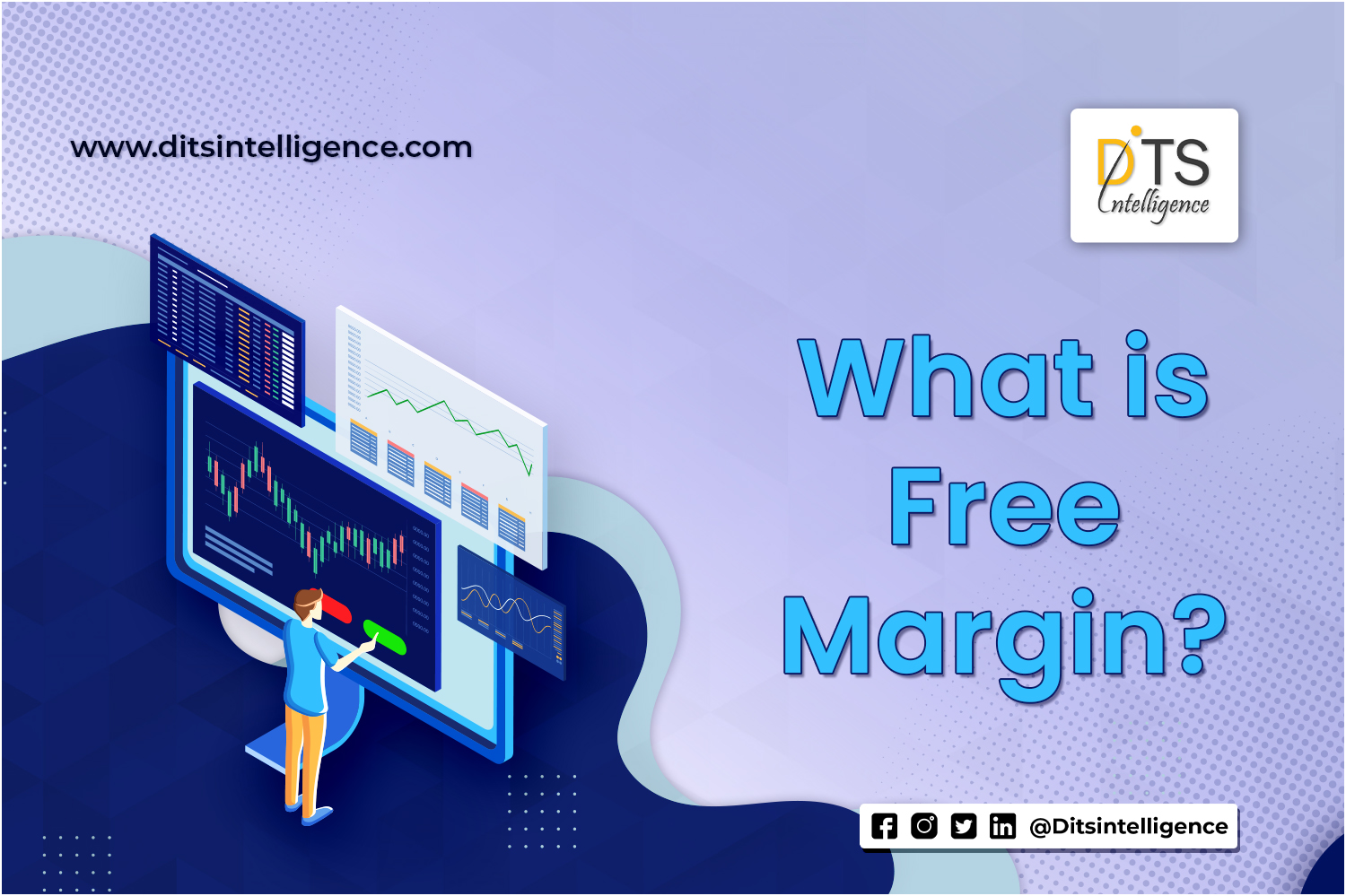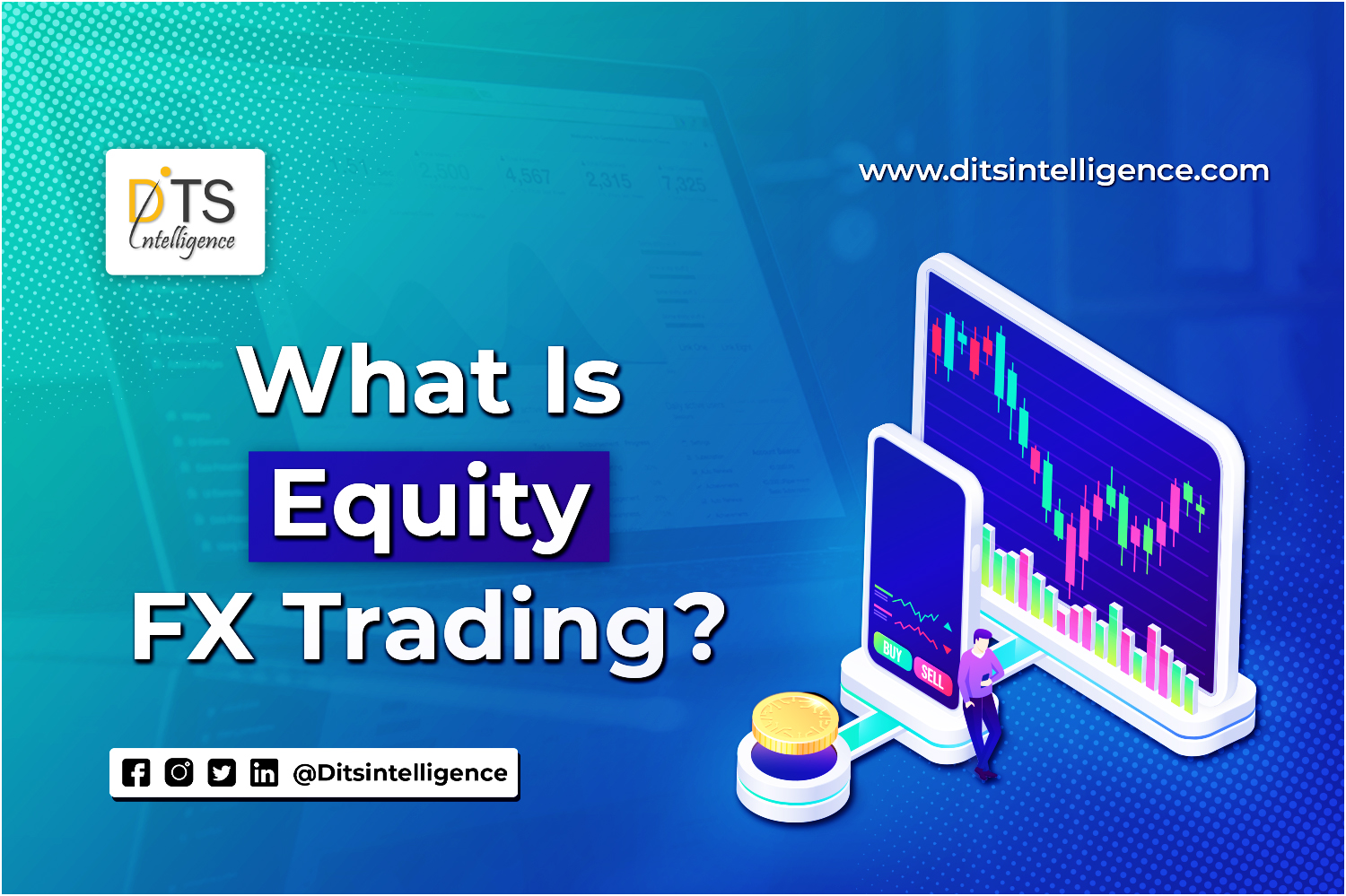The Different Types of Forex Trading
As the Forex market (FX) is so fabulous, it has allowed Forex traders to discover numerous different ways to invest in Forex trading.
May 20, 2022 - 11:41 AM 553 views

Educational Articles
© The Different Types of Forex Trading
As the Forex market (FX) is so
fabulous, it has allowed Forex traders to discover numerous different ways to
invest in Forex trading.
The most popular ways to trade in
the Forex market are:
- Retail Forex
- Spot FX
- Currency Futures
- Currency Options
- Currency traded Exchange Funds
- Forex CFDs
- Forex Spread Betting
In this article, we are covering the
different ways in which an individual trader can trade in the Forex market
(FX).
Because they cater to institutional
traders, FX swaps and forwards are not covered in this article.
Besides, in the current article we will discuss the different methods to trade in the FX market.

Currency Futures
Futures
are agreements to buy or sell a particular asset at a specified price on a future
date.
A
currency future is similar to a futures contract in that an agreement is made
that specifies the price at which currency can be purchased or sold and
specifies a specific date for the exchange.
The
Chicago Mercantile Exchange (CME) was created for currency futures in the year
1972. Moreover, in currency futures, the future agreements are standardized and
traded on a centralized exchange. Hence, the market is transparent and
well-regulated. This means the cost and the transaction data are instantly
available.
Currency
Options
An
option is a financial tool that provides the buyer the right or the option, but
not the obligation, to purchase or sell an asset at a specified cost on the option’s
expiry date.
A trader who "sells" an
option is obligated to buy or sell an asset at a certain price on the
expiration date.
Options are traded on exchanges
including the Chicago Mercantile Exchange (CME), the International Securities
Exchange (ISE), and the Philadelphia Stock Exchange, just like futures (PHLX).
The downside of trading FX options
is that market hours are limited for some options, and liquidity is not as high
as it is in the futures or spot markets.
Currency ETFs
A currency ETF is a fund that
invests in a single currency or a basket of currencies.
Currency ETFs are managed funds that
allow ordinary people to obtain exposure to the forex market without having to
do individual trades.
Currency exchange-traded funds
(ETFs) can be used to speculate on foreign exchange, diversify a portfolio, or
hedge against currency risks.
The most widely traded currency ETFs
are listed below.
Financial institutions that buy and
hold currencies in a fund construct and manage ETFs. They then sell shares of
the fund to the general public on an exchange, where you can purchase and sell
them much like stocks.
Trading currency ETFs has the same
drawback as trading currency options: the market isn't open 24 hours. Trading
commissions and other transaction costs apply to ETFs as well.
Spot Market
The
Spot Market, which is also called the Over-the-Counter (OTC) market or
Off-exchange market,
This
off-exchange market, or spot market, is a big one, growing and the most liquid
financial market that operates for 24 hours continuously (non-stop) and doesn’t
have any physical location. However, in an OTC market, a trader trades directly
with the counter-party.
In
contrast to the centralized markets that trade currency futures, ETFs, and
(most) currency options, But, in the spot markets or the over-the-counter
markets, contracts or agreements are made between the two parties.
The
majority of Forex trading occurs through electronic media (i.e., via internet
technology).
The “Interdealer” market is the
primary FX market where Forex traders trade with each other. A dealer is a financial
middleman who can purchase or sell currencies with its clients at any time.
Due to banks' dominance as FX
dealers, the interdealer market is sometimes known as the "interbank"
market.
Institutions that trade in
significant volumes and have a high net worth can access the interdealer
market.
Banks, insurance companies, pension
funds, major corporations, and other significant financial organisations are
among those that manage the risks associated with currency rate swings.
An institutional trader buys and
sells an agreement or contract to make or take delivery of a currency in the
spot FX market.
A bilateral ("between two
parties") arrangement to physically swap one currency for another is known
as a spot FX transaction.
This is a legally binding agreement.
This means that this spot contract is a legally enforceable agreement to buy or
sell a certain amount of foreign currency at the current "spot exchange
rate."
So, if you buy EUR/USD on the spot
market, you're trading a contract that says you'll get a certain amount of
euros in return for US dollars at a set price (or exchange rate).
It's vital to note that you're
trading a contract involving the underlying currencies, not the underlying
currencies themselves.
Even though the term
"spot" is used, transactions are not always concluded "on the
spot."
While a spot FX trade is executed at
the current market rate, the transaction is not completed until two business
days after the trade date.
T+2 stands for "today plus two
business days."
The value date, also known as the
delivery date, refers to the delivery of what you buy or sell within two
working days.
In the spot FX market, for example,
an institution buys EUR/USD.
The trade began on Monday and ended on Wednesday, with a value date of Wednesday. This implies
Retail Forex Market
A secondary OTC market exists that
allows retail ("poor") traders to participate in the FX market.
So-called "forex trading
providers" provide access.
On your behalf, forex trading
services trade in the primary OTC market. They locate the best available prices
and apply a "markup" before posting them on their trading platforms.
This works similarly to how a retail
store purchases products from a wholesale market, adds a markup, and displays a
"retail" price to customers.
However a spot forex agreement
typically requires currency delivery within two days, no one in forex trading
actually takes delivery of any currency.
On the delivery date, the position
is "rolled" forward, especially in the currency retail market.
Keep in mind that you're trading a
contract to deliver the underlying currency, not the currency itself.
It's a leveraged contract, not just
a contract.
On leveraged spot forex contracts,
retail forex traders cannot "take or make delivery."
Leverage allows the user to control
enormous sums of money with a modest investment.
Because retail forex brokers allow
you to trade with leverage, you can open positions worth 50 times the original
needed margin.
So, with $2,000, you may open a
$100,000 EUR/USD trade.
Imagine being short on EUR/USD and
having to provide $100,000 in euros!
Because you only have $2,000 in your
account, you won't be able to settle the deal in cash. You'd be unable to
complete the transaction due to a lack of funds!
As a result, you must either close
the trade before it settles or "roll" it over.
Retail forex brokers automatically
"roll" client positions to avoid the inconvenience of physical
delivery.
Tomorrow-Following or
"Tom-Next," which stands for "tomorrow and the next day,"
is the technique for rolling the currency pair over.
When a trader's positions are rolled
over, he or she will either pay or earn interest.
Swap or rollover fees are the terms
for these expenses. Your forex broker calculates the fee and debits or credits
your account amount accordingly.
Retail forex trading is regarded as
high-risk. This indicates traders are attempting to "speculate" or
wager on the movement of currency rates in order to profit. They have no
intention of taking physical custody of the currency they purchase or selling.
Forex Spread Bet
Spread betting is a derivative
product, which means you don't own the underlying asset and instead speculate
on whether its price will rise or fall in the future.
A forex spread bet allows you to
speculate on a currency pair's future price direction.
The spread bet price for a currency pair is "derived" from the spot FX market price for that currency
pair.
How far the market moves in your
favour before you close your position and how much money you stake every
"point" of price movement determine your profit or loss.
"Spread betting providers"
provide currency spread betting services.
Spread betting is, unfortunately,
prohibited in the United States. Despite being authorized by the Financial
Services Authority in the United Kingdom, spread betting is currently illegal
in the United States.
Forex CFD
A financial derivative is a contract
for difference (CFD). Traders can wager on whether the price of an underlying asset
will rise or decline by using derivative products that track the market price.
A CFD's price is "derived"
from the price of the underlying asset.
A CFD is an agreement in which one
party agrees to pay the other the difference in the value of a security between
the opening and closure of a trade, often between a CFD provider and a trader.
To put it another way, a CFD is
essentially a bet with the CFD provider on a certain asset's value rising or
falling, and you agree that whomever wins the bet will pay the other the
difference between the asset's price when you enter the trade and its price
when you exit the transaction.
A forex CFD is a contract in which
you agree to swap the difference in the price of a currency pair between when
you open and when you end your position.
The CFD price of a currency pair is
"derived" from the currency pair's spot FX price. (At least, that's
how it should be.) If not, on what is the CFD provider's price based?)
When you trade forex CFDs, you can
trade a currency pair in both directions. Both long and short positions are
available.
You will profit if the price moves
in your chosen direction, and you will lose if it moves against you.
Regulators in the EU and the UK
ruled that "rolling spot FX contracts" are distinct from "standard
spot FX contracts."
The major reason for this is that
rolling spot FX contracts have no intention of ever taking physical delivery
("taking possession") of a currency; instead, their sole purpose is
to speculate on the underlying currency's price movement.
The goal of trading a rolling spot
FX contract is to obtain exposure to the underlying currency pair's price
swings without actually owning it.
A rolling spot FX contract is ruled
as a CFD to make this distinction evident. (Because CFDs are banned in the
United States, this is referred to as a "retail forex transaction.")
"CFD providers" provide
forex CFD trading.
CFDs or spread bets are commonly used in retail forex trading outside of the United States.
Read More Article:
How to invest in Foreign Exchange Market (FX) Step by
step in 2022
How to make an investment in foreign exchange market?
How to invest in forex market in 2022
When to Buy and When to Sell a Currency Pair
In Detail, What Is The Forex Market (FX)?
What is the Best Way to Make Money Trading Forex?
In the Forex Market, What is actually traded?
What is a pip in forex trading?
Currency Pairs: Buying and Selling
In the Forex Market (FX), What Is A Lot?
Forex Market (FX): It’s Size and Liquidity
Forex Trading For Beginners: A Guide To Making Profits
From Currency Trading
Learn to Trade with Best and
Trusted Global Broker
Start your journey with
us and learn from basic to advance with one to one training session. Get full
knowledge about the market from our expert team and become expert in market.
Free Enquiry Now: Click Here
Recent Articles
- Fed Rates will Rise by 50 Basis Points in September, Predicts Goldman Sachs
- Fed Governor Bowman: Significant Rate Increases May Continue
- NZ Inflation Expectations Softer in Q3, Kiwi off Highs, According to RBNZ Survey
- The Year-Ago Base Effects will Cause the Headline and Core Rates to Decline in the US, According to Scotiabank
